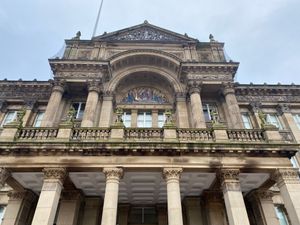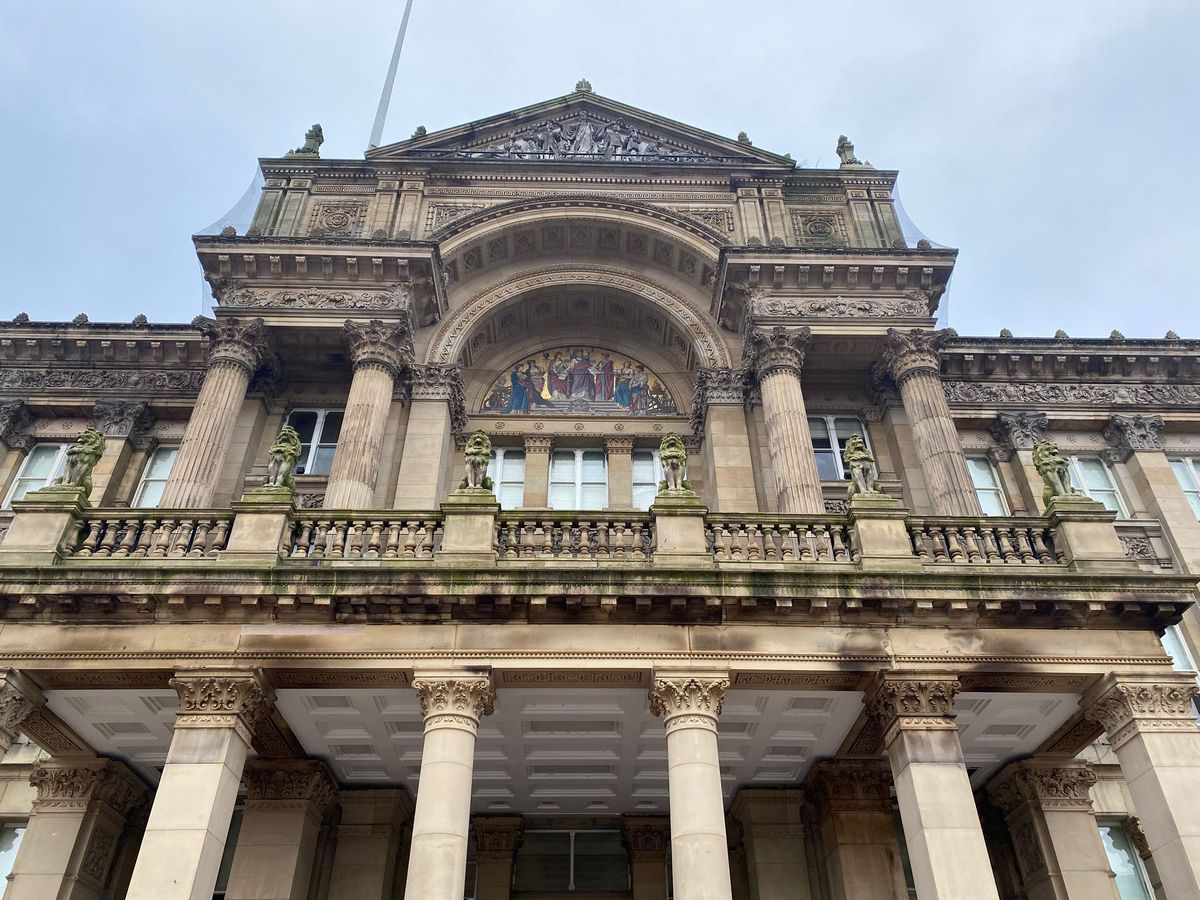The authority has said it wants to introduce a “negotiated stopping” pilot programme, which would involve an unused piece of land being used by those in the travelling community for “short term stays”.
The proposals came amid the council’s ongoing difficulties with its transit sites, which are authorised areas where travellers can be directed to when in the city.
They typically provide hard standing for holding caravans, a secure boundary and basic sanitary provision, while some also provide electricity.
But due to factors such as repeated vandalism and unauthorised encampments, the council’s two operational transit sites have often been closed.
Amid this backdrop, caravans have been spotted at a number of city parks in recent weeks, including Kings Heath Park and Swanshurst Park, near Moseley and Billesley.
Councillor Jayne Francis, cabinet member for housing and homelessness, confirmed this week that potential sites for the “negotiated stopping” pilot were still being identified and will be taken forward for consultation.
“The council are looking to progress a negotiated stopping procedure to enable the identification of specific sites to direct gypsies and travellers to for short term stays,” she said.
 Birmingham City Council House. Taken by LDR Alexander Brock. Permission for use all LDRS partners.
Birmingham City Council House. Taken by LDR Alexander Brock. Permission for use all LDRS partners.
“Council officers are working to identify potential sites to be taken forward for consultation with local ward members, communities and businesses where the sites are being proposed.
“Consultation feedback will inform the final list of sites to be taken forward for a 12-month trial period.”
She added that Leeds City Council operate a successful negotiated stopping scheme.
A council report recently acknowledged that the existing provision in Birmingham does not meet the “minimum pitch provision needs” of the travelling community.
It added there is no allocated budget for the management of the existing transit sites.
The council is therefore pushing ahead with the ‘negotiated stopping’ trial to see if it could help improve the situation.
It said earlier this year that it will make sure that it has taken “everyone’s views into consideration” regarding the pilot and added there are also plans for “community cohesion”.
‘Powers hampered by lack of available transit sites’
The council report said that from 2018/19 to 2022/23, 502 unauthorised encampments were recorded in Birmingham – 78 per cent on publicly-owned land.
On the impact, it said: “The use of unauthorised encampments presents significant costs to the council, both in terms of managing and moving on sites and remediation to damage and refuse left following an encampment.”
On what affected the ‘longevity’ of any encampment, the report said the council, and other public bodies, had to consider the welfare of anyone who lived in the area.
“Secondly, the available powers are hampered by the lack of an available transit site to direct encampments to,” it continued.
The report added that the ‘negotiated stopping’ approach was “favoured by Gypsy Traveller communities as it provides a balanced and sensitive approach” and “offers more flexibility”.
“The council will need to assess the success of adopting the negotiated stopping approach before it can be embedded more broadly as a way forward,” it added.
